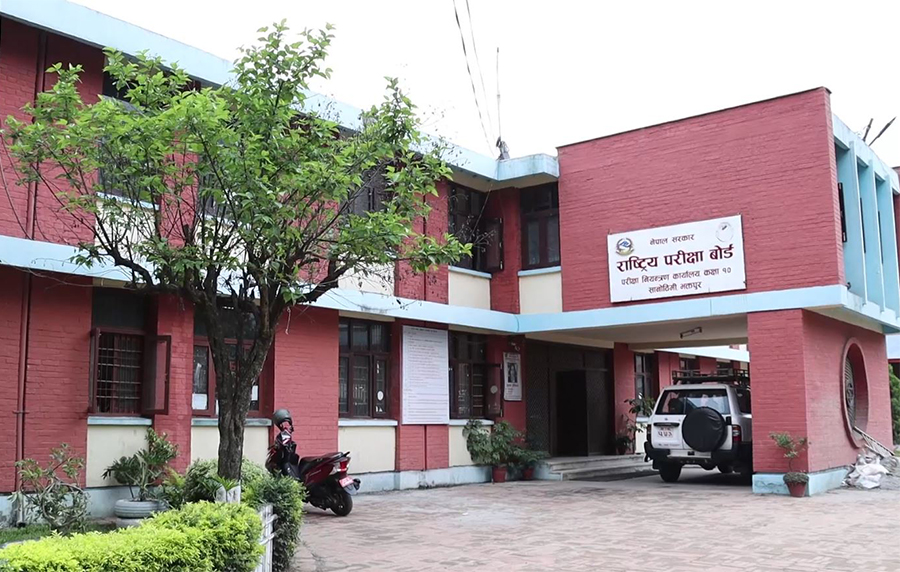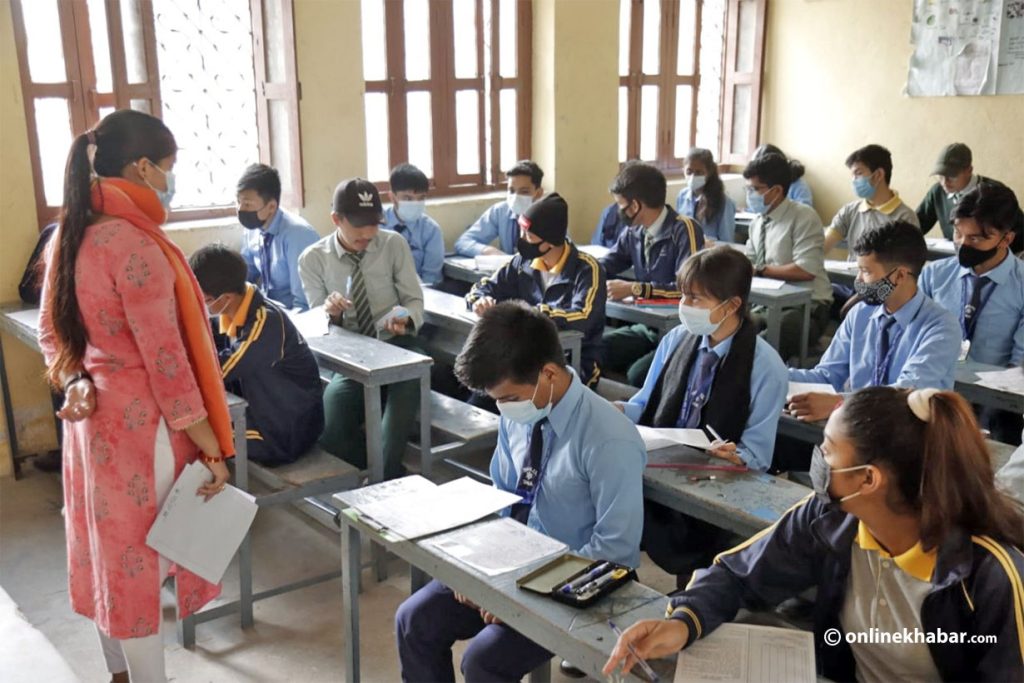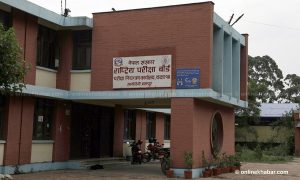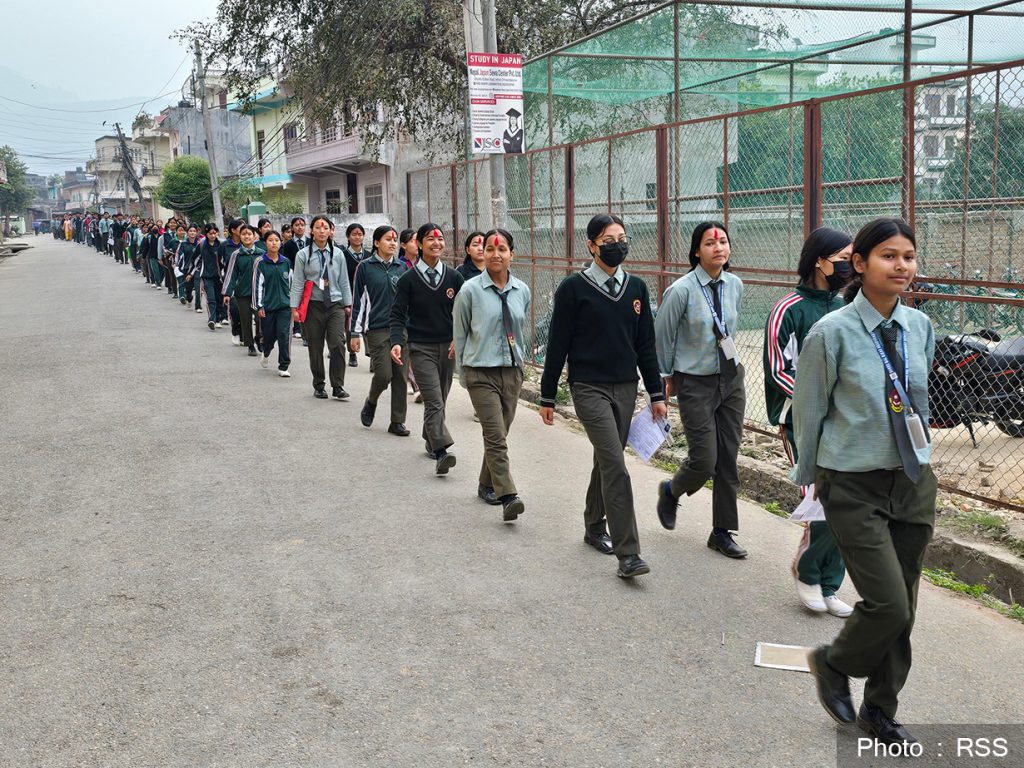
The harsh reality students face after the Secondary Education Examination (SEE) is that their idealised vision of a three-month break has not materialised, which has become a jarring experience for most.
Of course, being unable to live the teenage dream after the ongoing pressure faced by 10th graders has certainly caused an abundant amount of dissatisfaction among these students.
Modern cinema has unquestionably paid tribute to the entire idea of teenagers having the best summer vacation of some sort. Without question, wanting to fulfil this romanticised idea of a break is an aim for a majority of these students. Yet, the anticipated break does not seem to follow through as expected.
The firsthand experience

Having a first-hand experience of preparing for the upcoming SEE examinations has led me to realise the pressure had extended well beyond the confinement of our examination halls. We were not only pressured to continuously study but after these exams, my peers and I felt as if it was crucial to do something productive.
There was no doubt that I was determined to make good use of my time—three whole months. We had hardly ever had that length of a holiday in Nepal. I had an entire list of plans to pursue.
Imagine my surprise upon discovering that fighting laziness and procrastination was going to become a common routine for me.
The state of mental cloudiness I faced induced an outpouring of angst to rush in me. I felt like I had a million tasks to complete but could not muster up the courage to complete one of them.
This brain fog faced by almost every 10th grader I have interacted with was simply a result of the immense stress applied to 10th graders during SEE preparation.
The need to perform well solely to impress peers, distant family members (who hold little value but a great deal of judgement), and parents take a toll on both the mind and the body.
Once this stress is suddenly released, students may feel purposeless for a particular amount of time.
The aimlessness and stress

My peers and I found ourselves grappling with a sense of complete aimlessness, as I struggled to push myself to perform tasks at hand. “At least that continuous pressure would direct me to a certain path, where I could enhance my skills, even if it was out of fear,” I would think to myself.
I would always create some excuse to avoid completing almost any task that involved physical activity, not necessarily because I did not want to (I was aimless, not passionless) but because I could not bring myself to.
It occurred to me that my brain had been in an overdrive of study and stress for such a long time, that I had now considered it laborious to experience a state of relaxation.
The haze lingered for an excruciating amount of time, and my peers had the same experience. I felt as if the plans we made when we were feeling rather ambitious had gone to waste.
It was burdensome to fully unwind without having some urgent task to do that revolved around my future. The stress I experienced was rough, but it was efficient and effective enough to enhance my productivity.
One step at a time
Now that it was gone, I simply felt astray. It had gotten to such an extent that the only form of physical movement I engaged in for a week was the movement of my thumbs on a small screen.
Bizarrely, the excitement for the break during examinations caused much more enjoyment than the actual break itself.
Despite my overwhelming reliance on finally being able to stop studying for a while, I could not help but feel a sense of longing for the days spent memorising formulas. Mainly because it distracted me from life’s upcoming obstacles. While most of us rejoiced at the concept of new opportunity and freedom, most of us ended up rotting away in our beds rather than engaging in something impactful.
It’s important to acknowledge that this sense of mental fog is completely normal, and students should uplift one another in understanding the main reason behind this.
Feeling purposeless is more than understandable for students once completing something that was considered to be a state of purpose for a year. We should allow ourselves the time and space to take things one at a time at our own pace.























